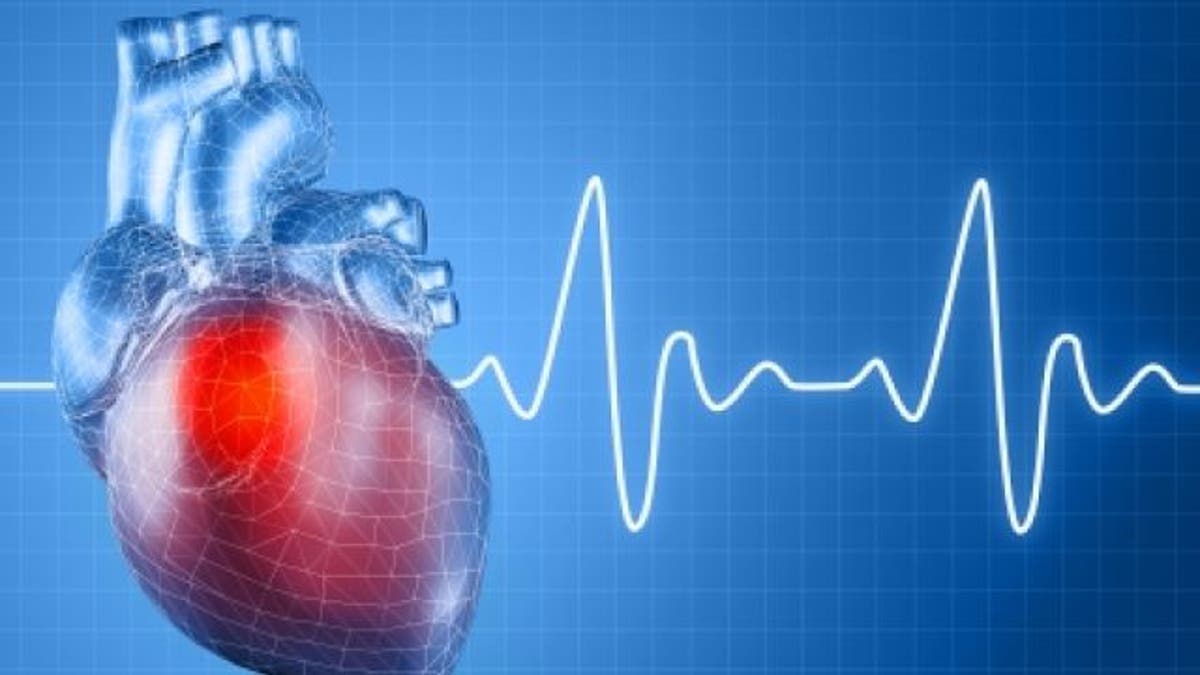
Earlier this year, a panel of experts from the American Heart Association announced that depression should be considered a risk factor for heart disease, similar to other risk factors such as smoking and diabetes. Now, adding to that assertion, a new study from the Journal of the American Heart Association reveals that young women who are moderately or severely depressed have a significantly higher heart disease death risk compared to women who are mentally healthy.
Study author Dr. Amit Shah, an assistant professor of epidemiology at Emory University in Atlanta, Georgia, said he was compelled to study the link between depression and heart disease mortality after noticing that young women seemed to be more vulnerable to depression and other mental health conditions.
“We’ve also been suspicious of this strange phenomenon or paradox we find with young women, which is that once they have heart attacks, they are actually more likely to die after the heart attack than similarly aged men who also suffer heart attacks,” Shah told FoxNews.com.
For their study, the researchers interviewed 3,237 people with known or suspected heart disease. The participants had an average age of 62.5 years and 34 percent of the cohort consisted of women. Each participant underwent a survey to assess their depression symptoms, and the researchers followed their subjects for nearly three years.
At the end of the study period, the researchers came to a shocking conclusion: Women 55 and younger were more than two times as likely to suffer a heart attack, die, have heart disease or require artery-opening procedures if they had moderate or severe depression.
Notably, men under age 55 did not demonstrate a similar link between depression and heart disease mortality, nor did older women.
Currently, the researchers are expanding their studies to sort out why these differences exist – particularly between men and women.
“Other people have done studies looking at some hormones— for example like cortisol, which is a marker of stress— and have shown that in young women with depression and more so in young women with depression and a history of trauma, that their physical reactions to stress are more severe,” Shah said. “So it may have to do with some key biological differences between women and men that have not been fleshed out yet.”
Researchers from Emory are currently experimenting with mental stress ischemia testing – which is similar to an exercise stress test – examining the effects of mental stress on the heart.
“This is the same thing that happens with regular exercise stress test, we inject a radio tracer that basically highlights areas of the heart that do not get blood flow during mental stress,” Shah said. “…What we find is, in some people, blood flow in some parts of the heart is reduced during mental stress.”
Shah said he hopes this study will help patients and doctors understand the health risks associated with depression – and encourage them to take preventive measures to ward off the onset of heart disease.
“It’s pretty safe to say that people,…especially young women who have depression, should be as diligent as possible about their heart health and practice a healthy lifestyle,” Shah said. “…Number two, we definitely need more research to talk about whether or not people should be regularly screened for depression. I think [that] is a big question and [we’re] looking into the biological factors that explain [this link.] Once we learn that, we can have more targeted interventions to help prevent death, especially unexpected death in young women.”
